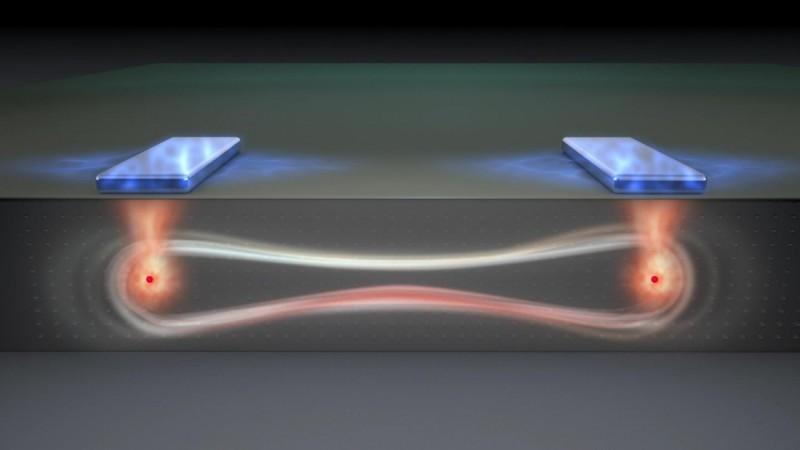A team of Australian researchers has found a new way to build quantum computers, which is expected to make them dramatically easier and cheaper to manufacture at large scale.
Unlike classical computers that store information in binary bits whose value can be either 1 or 0, quantum computers use qubits that can be in a state of superposition where they simultaneously act as both 1 and 0.
This superposition helps each qubit perform two calculations at once, making it possible for a quantum computer with multiple entangled qubits to perform calculations at an incredibly faster speed than existing computers.
According to researchers at Australia's University of New South Wales, they have invented a new chip architecture based on a new type of quantum bit. The latest findings, which will be published in the journal Nature Communications, suggest that the new chip design will be easily within reach of today's technology.

Researchers said that the new design would allow for a silicon quantum processor to overcome two limitations of existing approaches -- the need for a precise placement of atoms, and allowing them to be placed hundreds of nanometres apart while still be coupled.
"We call it the 'flip-flop' qubit," lead author Guilherme Tosi from the University of New South Wales, said in a statement. "To operate this qubit, you need to pull the electron a little bit away from the nucleus, using the electrodes at the top. By doing so, you also create an electric dipole."
According to project leader Andrea Morello, this new "flip-flop" qubit means the chips can be produced using the same device technology as existing computer chips, eventually allowing quantum chips to be mass-manufactured.
"Our new silicon-based approach sits right at the sweet spot," Morello said. "It's easier to fabricate than atomic-scale devices, but still allows us to place a million qubits on a square millimetre."

















